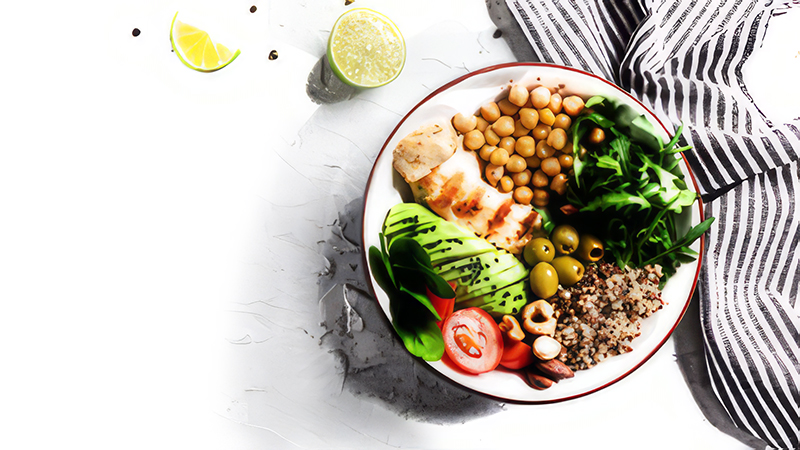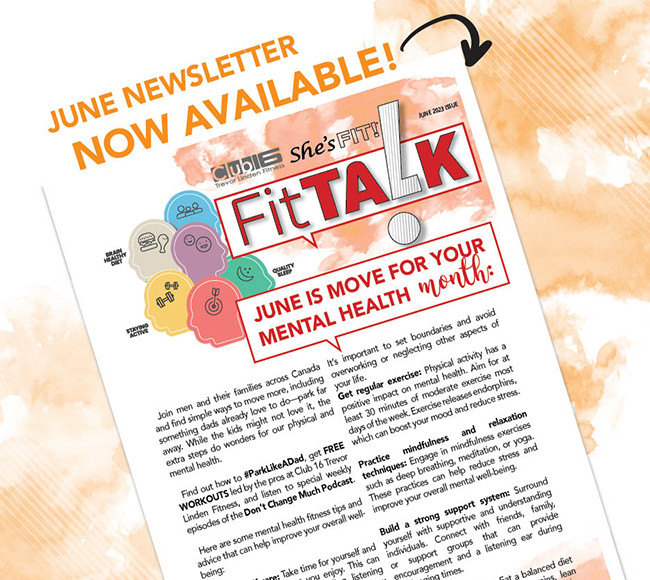Here are some mental health fitness tips and advice that can help improve your overall well-being:
TABLE OF CONTENTS
Prioritize self-care
Take time for yourself and engage in activities that you enjoy. This can include practicing hobbies, reading, listening to music, taking a walk, or engaging in any activity that helps you relax and unwind.
Maintain a balanced lifestyle
Strive for a healthy balance between work, personal life, relationships, and leisure activities. It’s important to set boundaries and avoid overworking or neglecting other aspects of your life.
Get regular exercise
Physical activity has a positive impact on mental health. Aim for at least 30 minutes of moderate exercise most days of the week. Exercise releases endorphins, which can boost your mood and reduce stress.
Practice mindfulness and relaxation techniques
Engage in mindfulness exercises such as deep breathing, meditation, or yoga. These practices can help reduce stress and improve your overall mental well-being.
Build a strong support system
Surround yourself with supportive and understanding individuals. Connect with friends, family, or support groups that can provide encouragement and a listening ear during challenging times.
Maintain a healthy diet
Eat a balanced diet rich in fruits, vegetables, whole grains, lean proteins, and healthy fats. Proper nutrition can have a positive impact on your mood and energy levels.
Get enough sleep
Prioritize quality sleep to help your mind and body rejuvenate. Aim for 7-9 hours of uninterrupted sleep each night. Establish a bedtime routine and create a comfortable sleep environment.
Limit screen time
Excessive use of screens, including smartphones, tablets, and computers, can contribute to stress and anxiety. Set boundaries and allocate time for activities that don’t involve screens, such as reading a book or engaging in a hobby.
Practice positive self-talk
Be kind to yourself and challenge negative thoughts. Replace self-criticism with self-compassion and focus on your strengths and accomplishments.
Seek professional help when needed
If you’re struggling with your mental health, don’t hesitate to reach out to a mental health professional. They can provide guidance, support, and appropriate treatment options.
Remember that everyone’s mental health journey is unique, and what works for one person may not work for another. It’s essential to find strategies that resonate with you and make a positive impact on your well-being.
Quinoa and Vegetable Buddha Bowl

Ingredients
- 1 cup cooked quinoa
- 1 cup mixed vegetables (such as broccoli, bell peppers, carrots, and snap peas)
- 1/2 cup chickpeas (cooked or canned, rinsed and drained)
- 1/4 cup sliced avocado
- 2 tablespoons chopped nuts (such as almonds or walnuts)
- 2 tablespoons fresh cilantro or parsley, chopped
- Juice of 1/2 lemon
- 2 tablespoons extra virgin olive oil
- Salt and pepper to taste
Instructions
- Cook quinoa according to package instructions and set aside.
- In a large pan, heat olive oil over medium heat. Add the mixed vegetables and sauté for about 5-7 minutes until they are tender-crisp.
- Add chickpeas to the pan and cook for an additional 2-3 minutes to warm them up.
- In a small bowl, whisk together lemon juice, olive oil, salt, and pepper to make a dressing.
- Assemble the Buddha bowl by dividing the cooked quinoa into two bowls. Top with the sautéed vegetables and chickpeas.
- Drizzle the lemon dressing over the bowls and garnish with sliced avocado, chopped nuts, and fresh herbs.
- Toss everything together gently before serving.
This Buddha bowl is packed with protein from quinoa and chickpeas, fiber and vitamins from the mixed vegetables, healthy fats from avocado and nuts, and a flavorful dressing to tie it all together. It’s a balanced meal that will keep you satisfied and energized throughout the day.
Enjoy!








